Politics
How Babangida Survived Two Coup Attempts
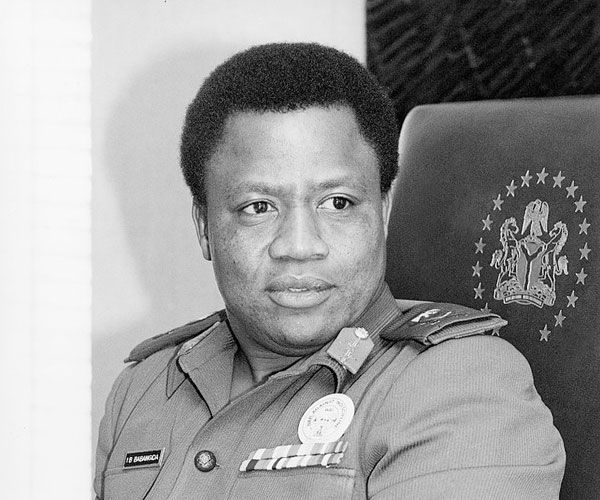 General Ibrahim Babangida
General Ibrahim Babangida
Mamman Vatsa Coup Attempt (1986)
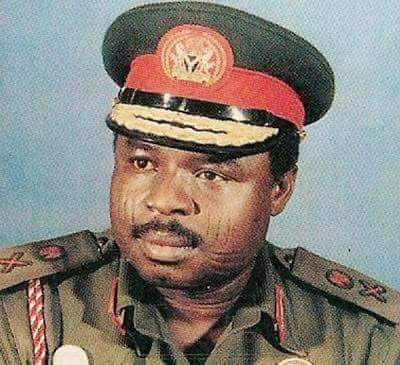 On March 1, 1986, a coup attempt led by Major General Mamman Vatsa was thwarted by the Babangida regime.
Vatsa was childhood friends with Ibrahim Babangida, and they both attended the same educational institutions. Years later, Babangida played the role of best man during Vatsa’s wedding ceremony.
During the regime of Gen. Babangida, Vatsa served as the Minister of the Federal Capital Abuja, and was also a member of the Supreme Military Council. He was also the Commander of the Engineering Corps.
On March 1, 1986, a coup attempt led by Major General Mamman Vatsa was thwarted by the Babangida regime.
Vatsa was childhood friends with Ibrahim Babangida, and they both attended the same educational institutions. Years later, Babangida played the role of best man during Vatsa’s wedding ceremony.
During the regime of Gen. Babangida, Vatsa served as the Minister of the Federal Capital Abuja, and was also a member of the Supreme Military Council. He was also the Commander of the Engineering Corps.
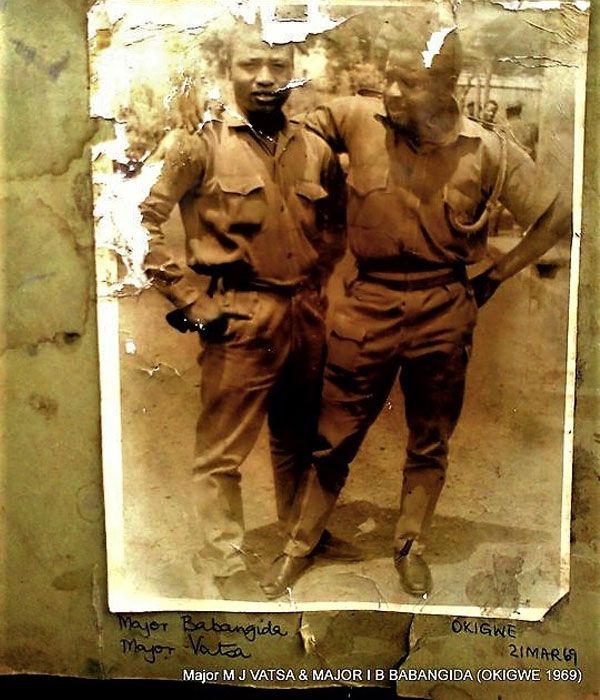 The coup of March 1986 involved a coordinated effort among disgruntled military personnel whom were seeking to address their grievances against the government.
The coup was primarily orchestrated by Vatsa and a few other military officers, but it was discovered before it could be executed.
The failed coup led to a swift and severe crackdown by Babangida. In the aftermath, several officers, including Maj.Gen. Vatsa, were arrested.
On 5 March 1986, Vatsa and his co-conspirators were executed by the military regime of General Ibrahim Babangida following a military tribunal conviction for treason associated with an abortive coup.
The coup of March 1986 involved a coordinated effort among disgruntled military personnel whom were seeking to address their grievances against the government.
The coup was primarily orchestrated by Vatsa and a few other military officers, but it was discovered before it could be executed.
The failed coup led to a swift and severe crackdown by Babangida. In the aftermath, several officers, including Maj.Gen. Vatsa, were arrested.
On 5 March 1986, Vatsa and his co-conspirators were executed by the military regime of General Ibrahim Babangida following a military tribunal conviction for treason associated with an abortive coup.
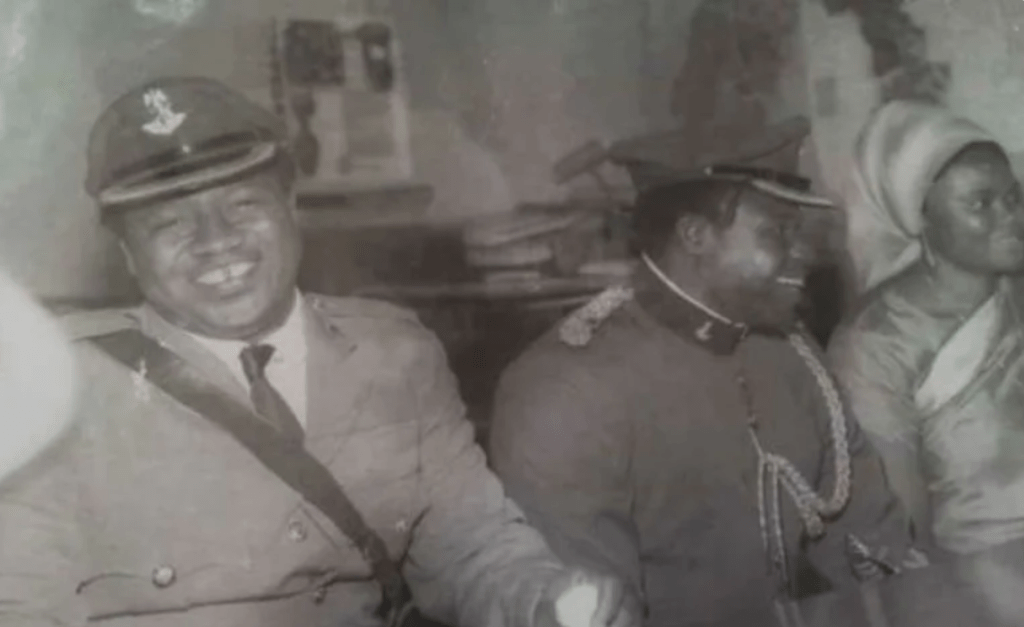
Babangida played the role of best man during his childhood friend, Mamman Vatsa, wedding ceremony.
Gideon Orkar Coup Attempt (1990)
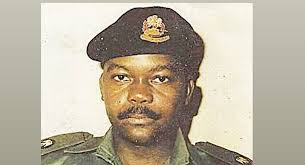 The second major coup attempt occurred on April 22, 1990. This coup attempt was more serious and involved a larger faction of the military. It served in showcasing significant discontent with Babangida’s rule, especially regarding ethnic favouritism and political oppression.
The coup was led by Major Gideon Orkar, alongside other disgruntled military officers and politicians.
Orkar’s group aimed to not only topple Babangida but also to establish a government that would restructure Nigeria’s political landscape, particularly advocating for the interests of the northern and middle-belt regions.
The coup was partially successful initially, with conspirators briefly taking control of key locations in Lagos.
The second major coup attempt occurred on April 22, 1990. This coup attempt was more serious and involved a larger faction of the military. It served in showcasing significant discontent with Babangida’s rule, especially regarding ethnic favouritism and political oppression.
The coup was led by Major Gideon Orkar, alongside other disgruntled military officers and politicians.
Orkar’s group aimed to not only topple Babangida but also to establish a government that would restructure Nigeria’s political landscape, particularly advocating for the interests of the northern and middle-belt regions.
The coup was partially successful initially, with conspirators briefly taking control of key locations in Lagos.
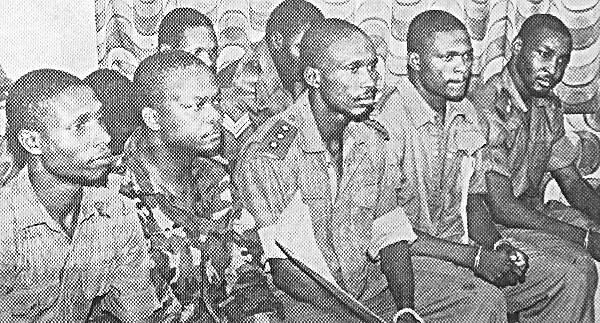
The coup plotters at their trial in 1990: L to R- Capt Harley Empere, Major Gideon Orkar, Capt Perebo Dakolo, Lt Cyril Ozoalor, Lt Nicholas Odeh..
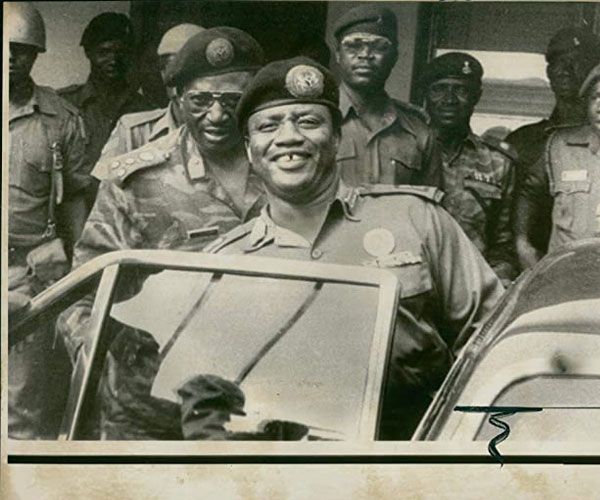
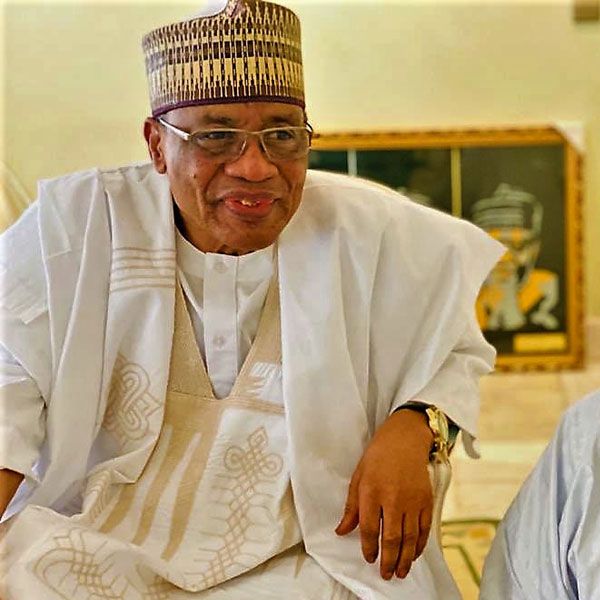
Discover more from Jojo Naija
Subscribe to get the latest posts sent to your email.
Continue Reading
